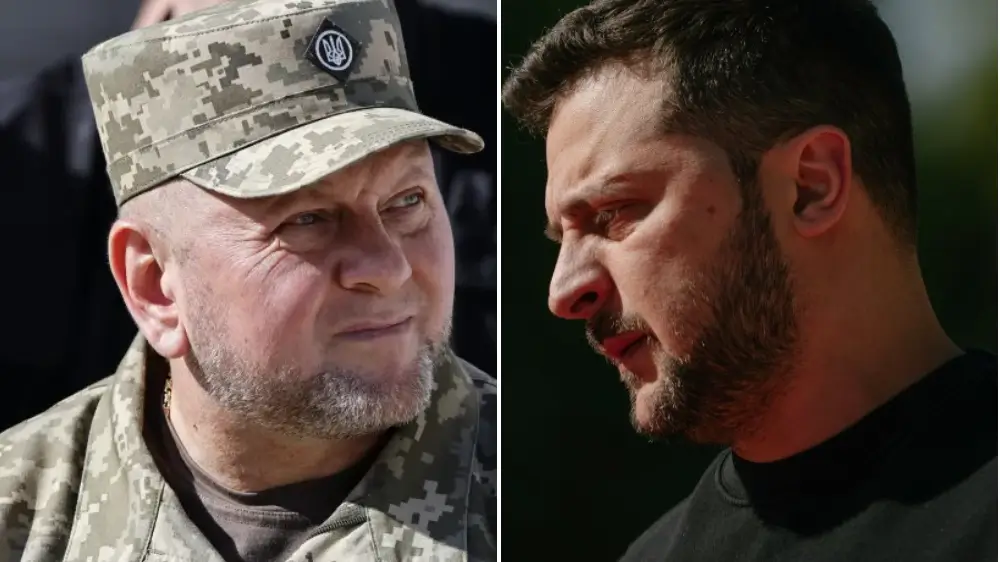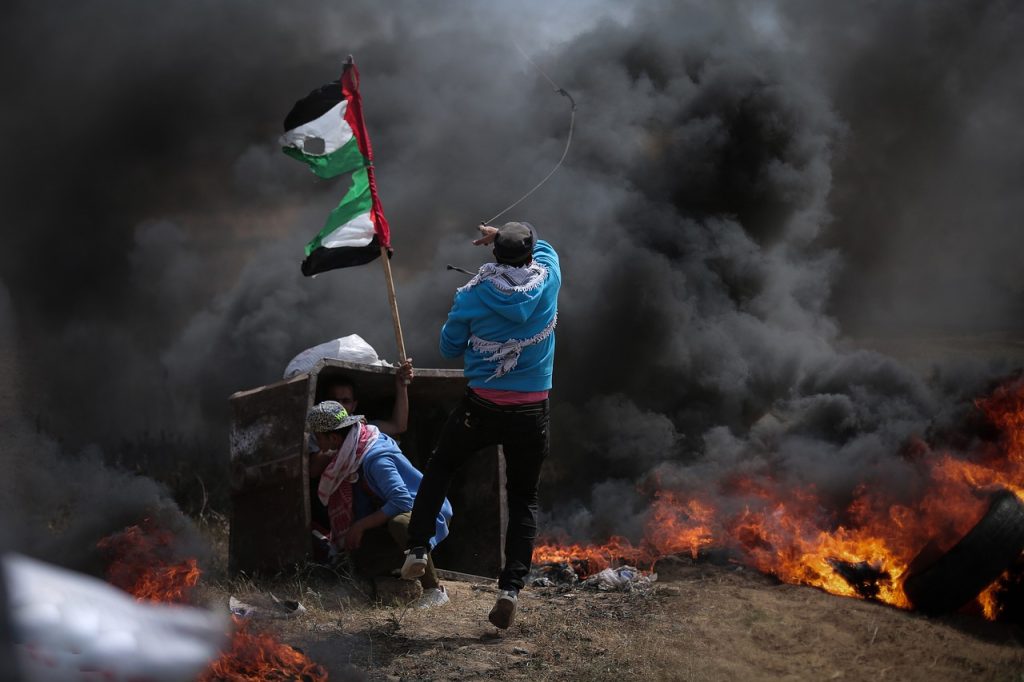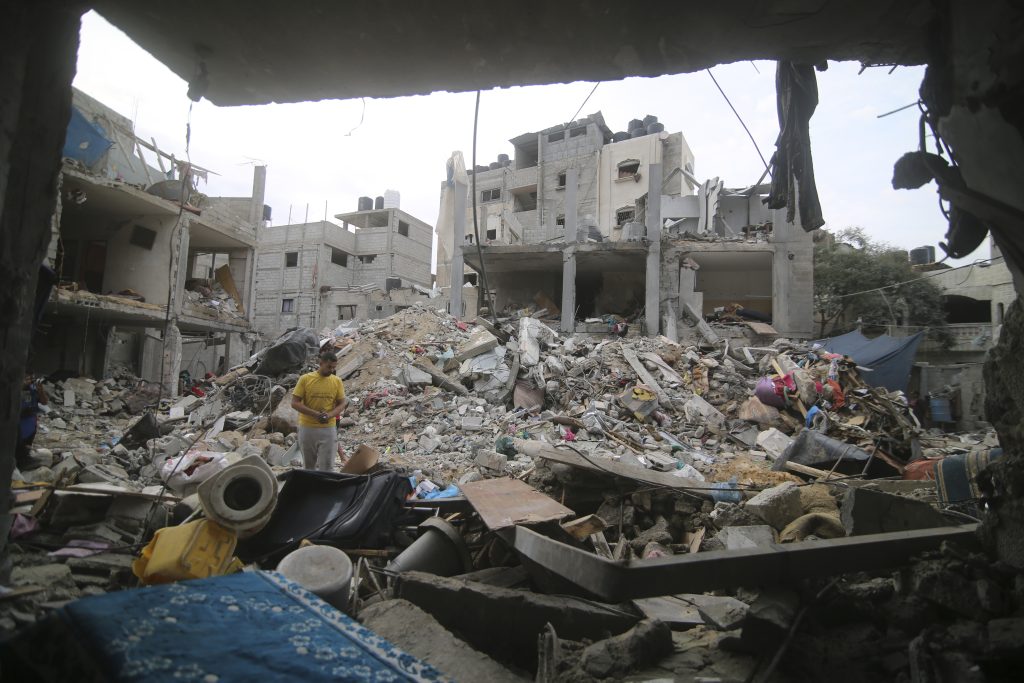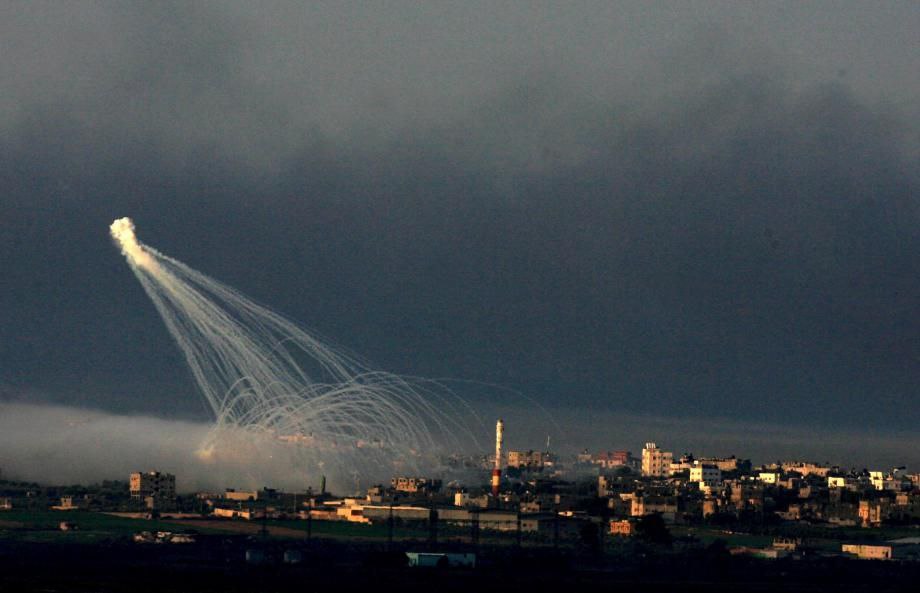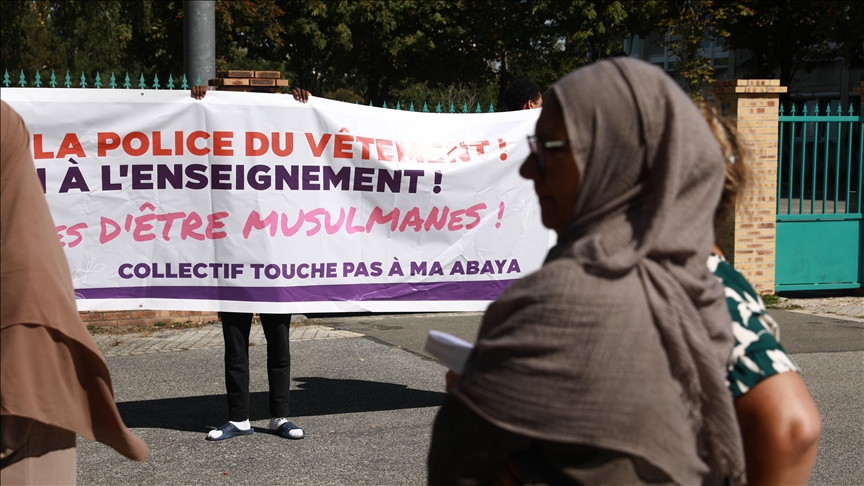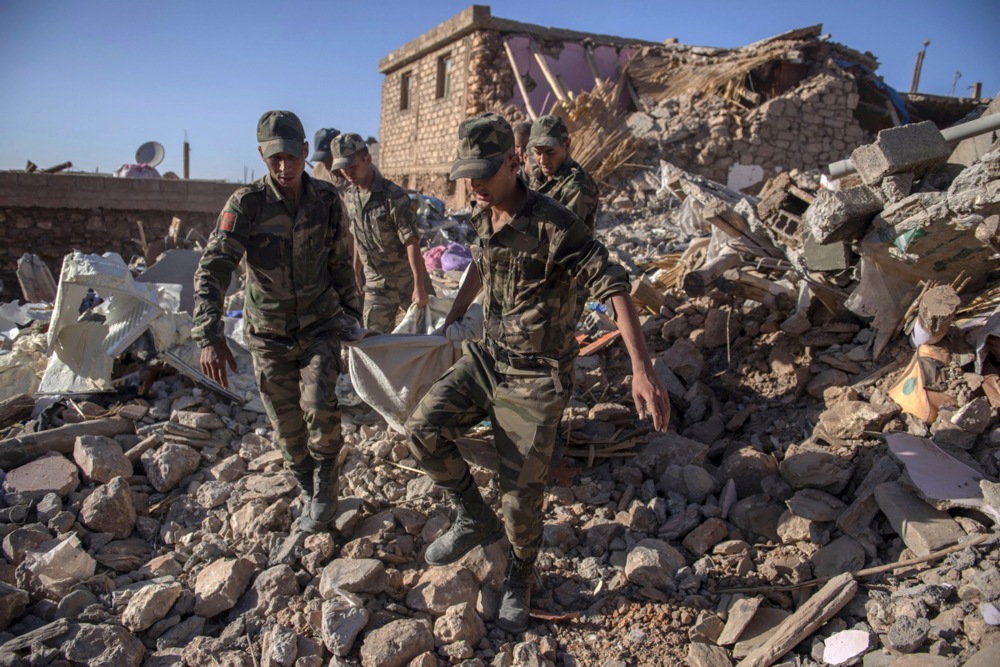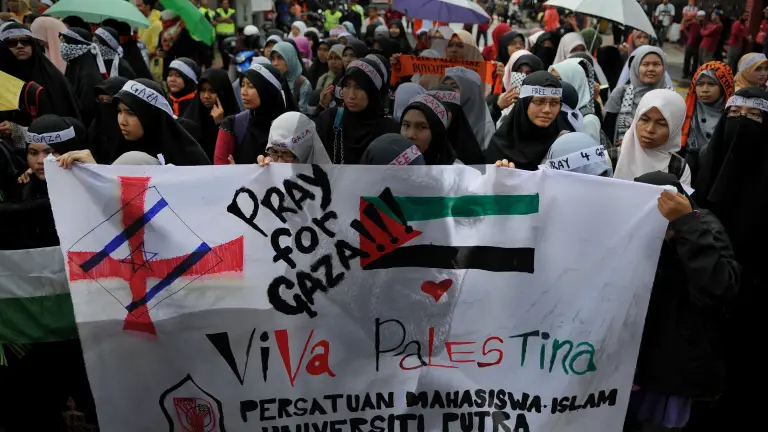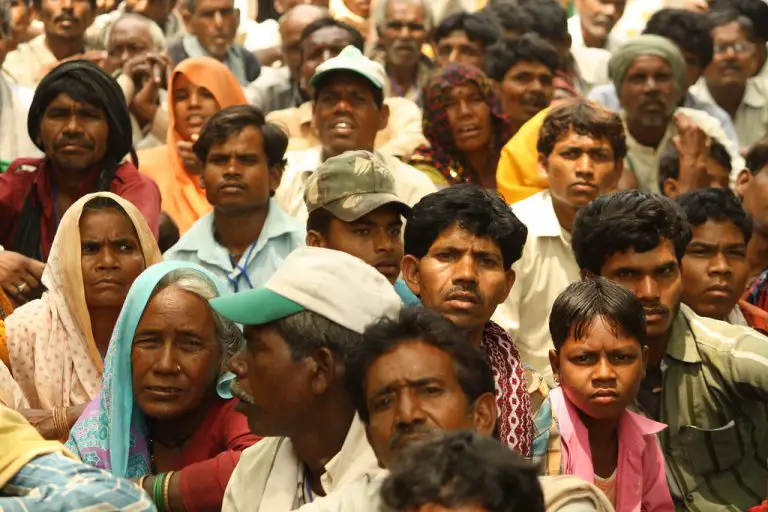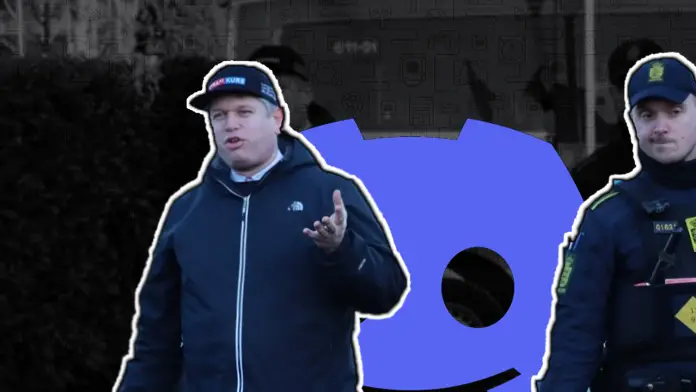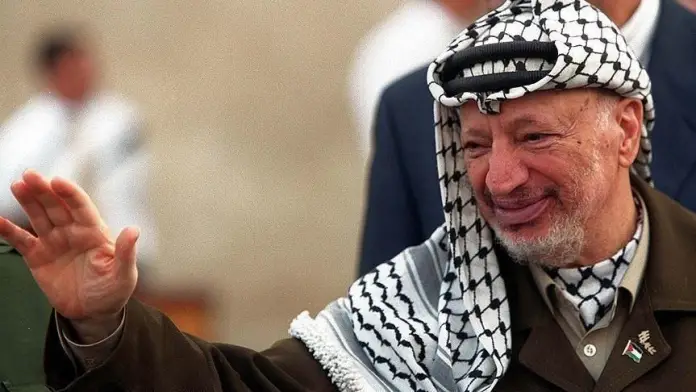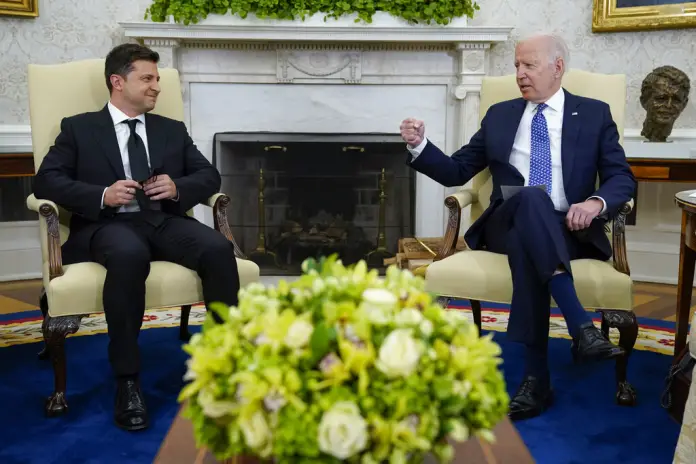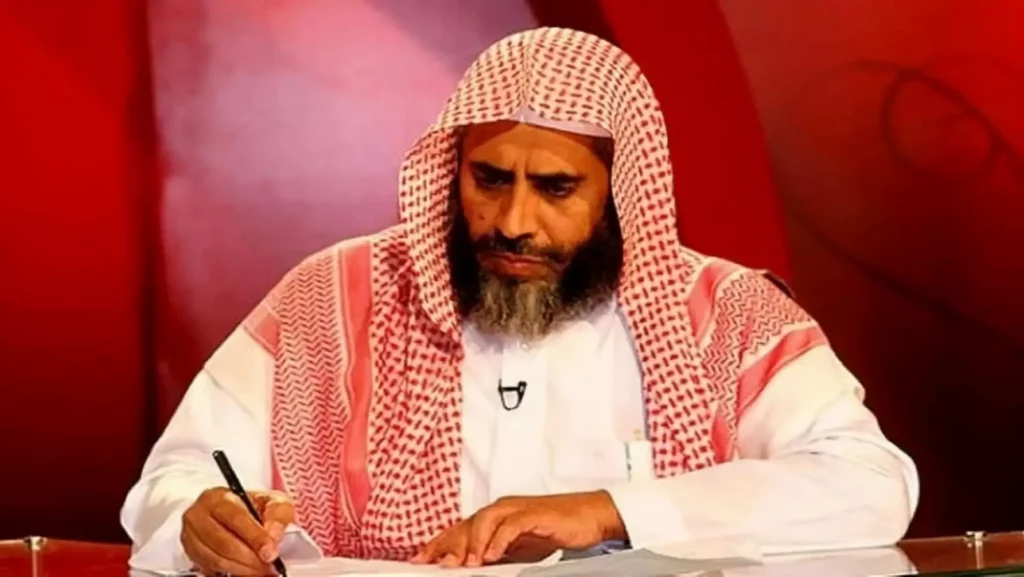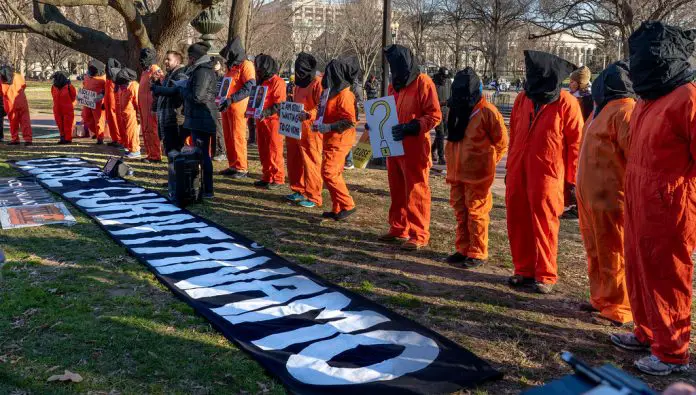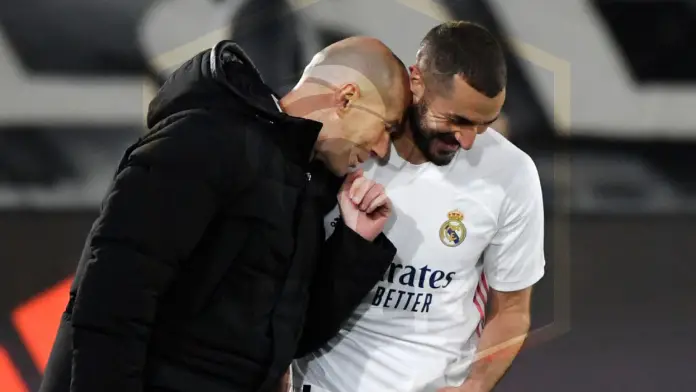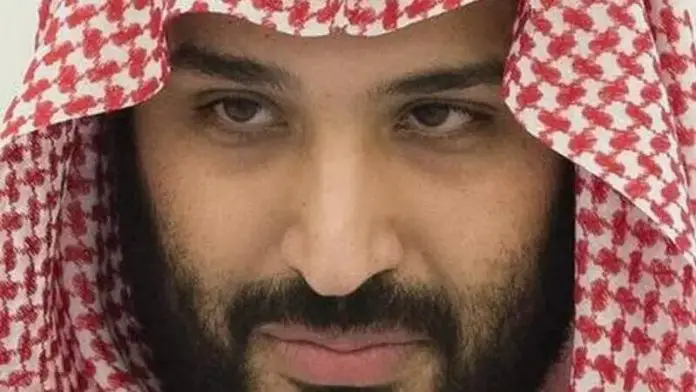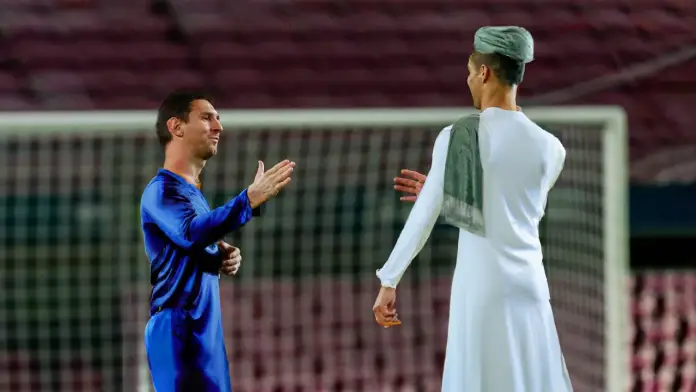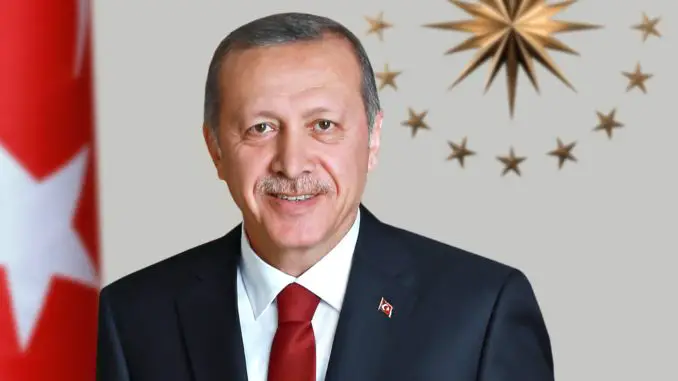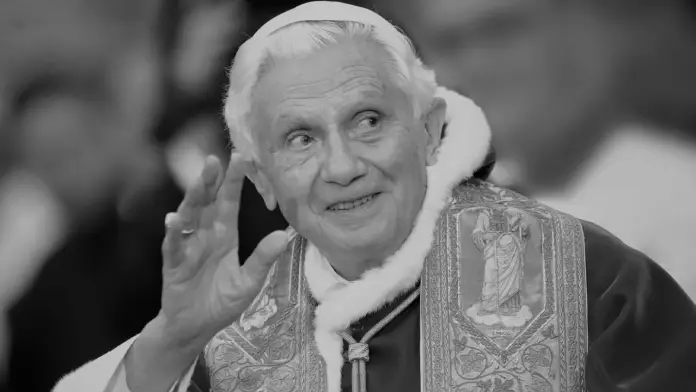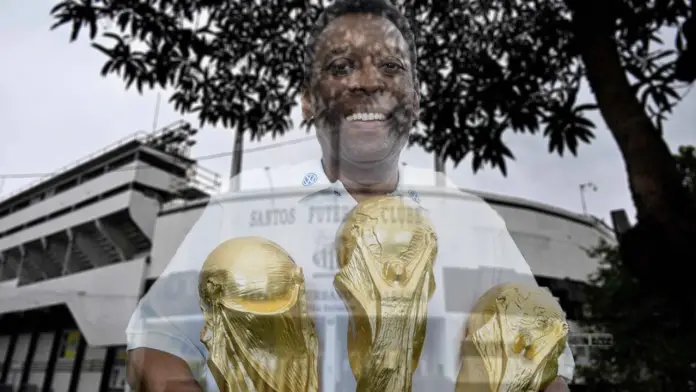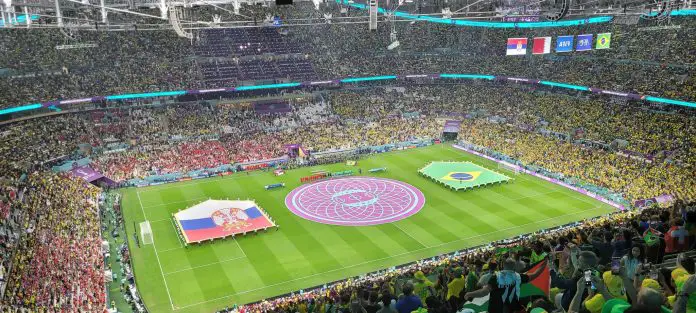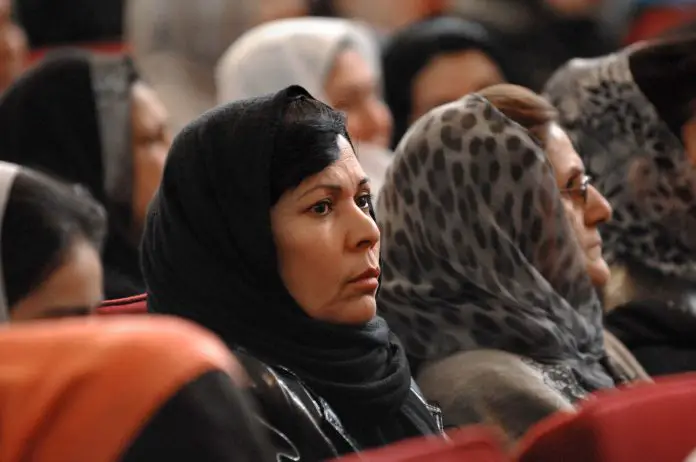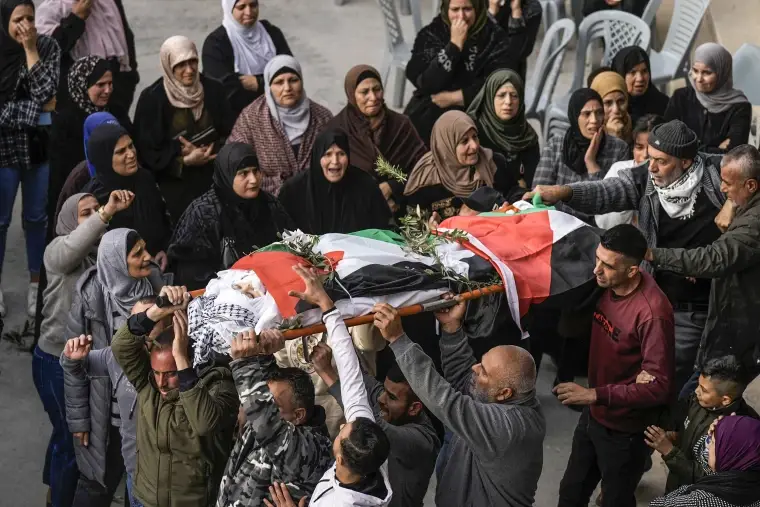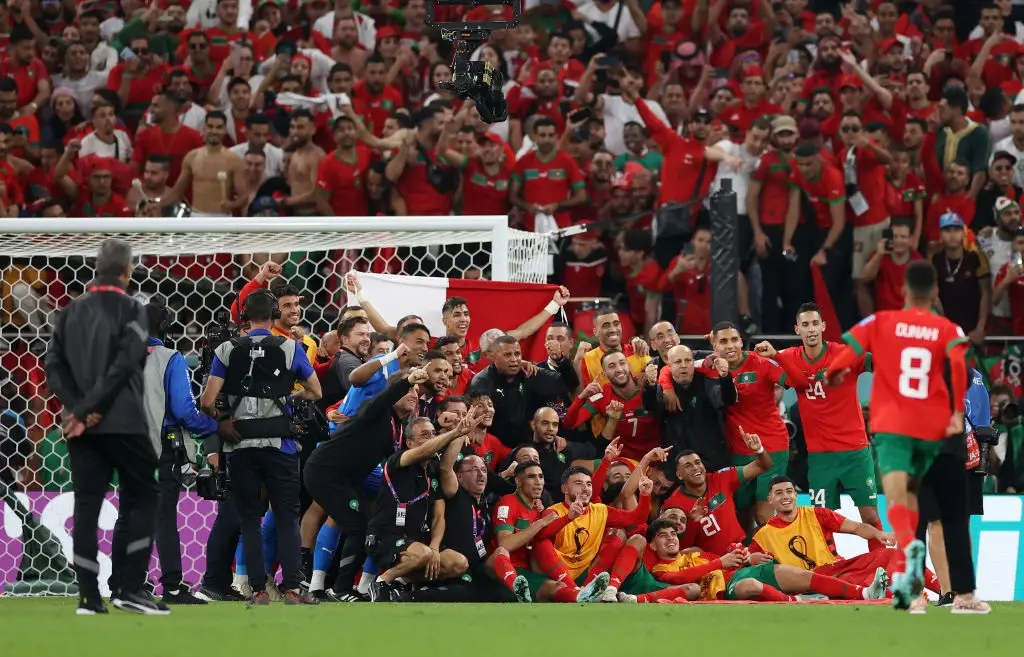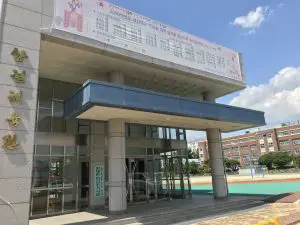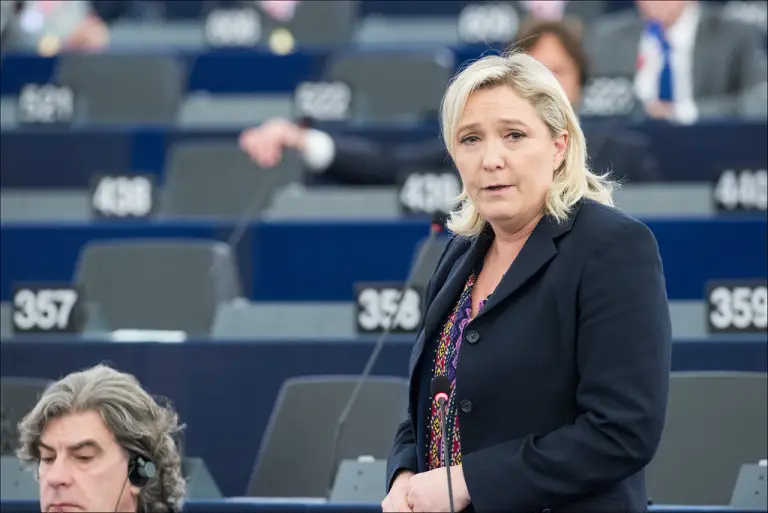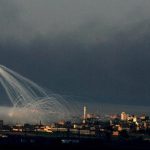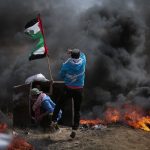The Gaza Question: An Analysis of the Greatest Humanitarian Crisis of the 21st Century

In the heart of the Middle East, amidst a volatile region fraught with conflict and political tensions, lies Gaza – a strip of land that has become synonymous with suffering. Gaza, often described as the world’s largest open-air prison, finds itself at the center of an international outcry due to a recent escalation of violence, emboldened by Israeli oppression and embargoes. As the Ahlul Haqq Network’s analysts observe, a dark cloud of injustice looms over the land, and the world must not look away.
The recent wave of Israeli attacks on residential areas, schools, mosques, and even foreign aid organizations and ambulances has caused widespread devastation. Among the most sinister actions taken was the airstrike on the Rafah crossing, the only corridor between Gaza and Egypt, effectively cutting off a lifeline for the beleaguered population.
The Israelis have, in recent days, declared a Draconian deprivation of essential resources like electricity, water, and food from reaching Gaza. This tragic escalation began in the aftermath of October 7th when Hamas responded to Israeli oppression, setting off a chain of events that has left Gaza teetering on the brink of a humanitarian catastrophe.
Here are the key observations made by our analysts at Ahlul Haqq Network:
- Human suffering is escalating as food and medical shortages reach critical levels. Innocent women, children, and the elderly are losing their lives due to a lack of essential care and sustenance. Hospitals like Al Safa, already stretched beyond capacity, are forced to turn patients away, leaving severely injured victims of Israeli air strikes lying on the floor. The food shortage will also impact the Israeli hostages taken in by Hamas, potentially providing further justification for the Israeli occupation’s indiscriminate actions.
- Targeted attacks on media centers are a deliberate tactic to silence and censor the dissemination of news about Israeli atrocities. By restricting information from escaping the confines of Gaza, Israel aims to maintain a shroud of secrecy over its actions.
- The complete boycott of electricity into Gaza has given rise to a dire humanitarian crisis. The lack of power affects all aspects of life, from healthcare to education, making everyday existence nearly impossible.
- As Gaza rapidly runs out of energy, it inches closer to becoming an isolated island, cut off from the rest of the world. This isolation would serve to shield Israeli war crimes from international scrutiny. The world must not forget the horror President Joe Biden claimed to have witnessed – he spoke of 40 innocent babies allegedly killed by Hamas, only for his own representatives to backtrack and deny having any media evidence to support these claims.
In the face of this unfolding tragedy, it is deeply disheartening to see leaders and media outlets in the West, including figures like Lindsey Graham, openly entertain the idea of flattening Gaza, tantamount to advocating for the genocide of Palestinians in the strip. Such calls for genocidal actions are shockingly echoed by right-wing commentators in the United States. Notably, Jordan Peterson’s endorsement of such views is not just concerning; it is deeply disturbing.
The recent clash between Ben Shapiro and Mohammed Hijab, as witnessed during an interview with Piers Morgan, underscores the urgency of the matter. The world cannot afford to remain silent while the people of Gaza suffer. It is imperative that international pressure is applied to address this dire situation and bring an end to the ongoing cycle of violence. The people of Gaza deserve justice, and the world must stand together to ensure their plight does not fall on deaf ears.


 English
English 